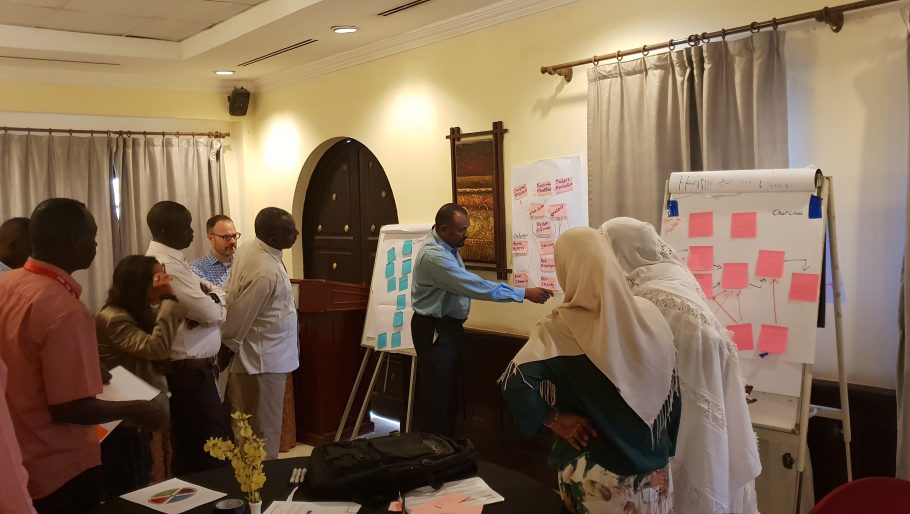CALP’s flagship course materials have just been updated
‘CVA – The Fundamentals’ and ‘Core CVA Skills for Programme Staff’ are CALP’s flagship courses which aim to build on the CVA related knowledge and skills of humanitarian practitioners. They have recently been updated.

If you use CALP materials to deliver training as part of your work, you’re no doubt familiar with these two face-to-face courses. They form a backbone of CVA learning, are comprehensive in nature and designed to maximise participant engagement. These have now been updated and can be accessed on the Kaya learning platform.
How have these materials been updated?
- Their contents have been reviewed and updated with the latest guidance and examples for reference.
- Four new case studies have now been included in the 5-day Core CVA Skills for Programme Staff course, which help with contextualizing the more theoretical parts of the course.
- There is now more content on markets, cash coordination, gender and linking social protection with humanitarian CVA.
- There is also more forward-looking content relating to CVA trends and considerations.
Our trainers are ready to deliver
CALP trainers have been fully briefed to deliver these newly updated courses. If you like the sound of the courses, but need help on the delivery side, you can find a full list of fully trained trainers here.
About the courses
Cash and Voucher Assistance, the Fundamentals
This is a 1-day face to face training workshop targeting all actors involved in humanitarian response. It aims to establish a foundation of knowledge in the fundamental concepts of CVA and provide a common basis for policymakers, planners, and practitioners alike.
By the end of this course, participants should be able to:
- Define cash and voucher assistance, including key terminology and definitions.
- Identify feasibility and appropriateness considerations for use of cash and voucher assistance.
- Explain the relevance of cash and voucher assistance in different humanitarian contexts and advocate for CVA to a variety of stakeholders.
- List the key steps and associated tasks for cash and voucher assistance in the humanitarian project cycle.
Core CVA Skills for Programme Staff Course
This is a 5-days course that aims at strengthening the participants’ CVA expertise and ability to design and implement high-quality programming.
The participants who complete this course are expected to:
- Discuss the opportunities and challenges to delivering high quality CVA as part of humanitarian response.
- Use various assessments, including market assessment tools, to inform CVA appropriateness.
- Analyse assessment data to choose modality, delivery mechanism and transfer value.
- Ensure accountability towards affected populations during the CVA design and implementation process.
- Incorporate CVA and markets in monitoring frameworks.
- Identify best practices for CVA quality and sustainability.
- Navigate the existing tools, guidance, cases studies and research documents to find the most relevant and up-to-date information on CVA-related themes.
To access these newly updated training materials log into your Kaya account following this link. You’ll note that these course are available in two formats – online and self directed, or as a face-to-face training package.
Cover photo: CALP training in the Americas, 2018


